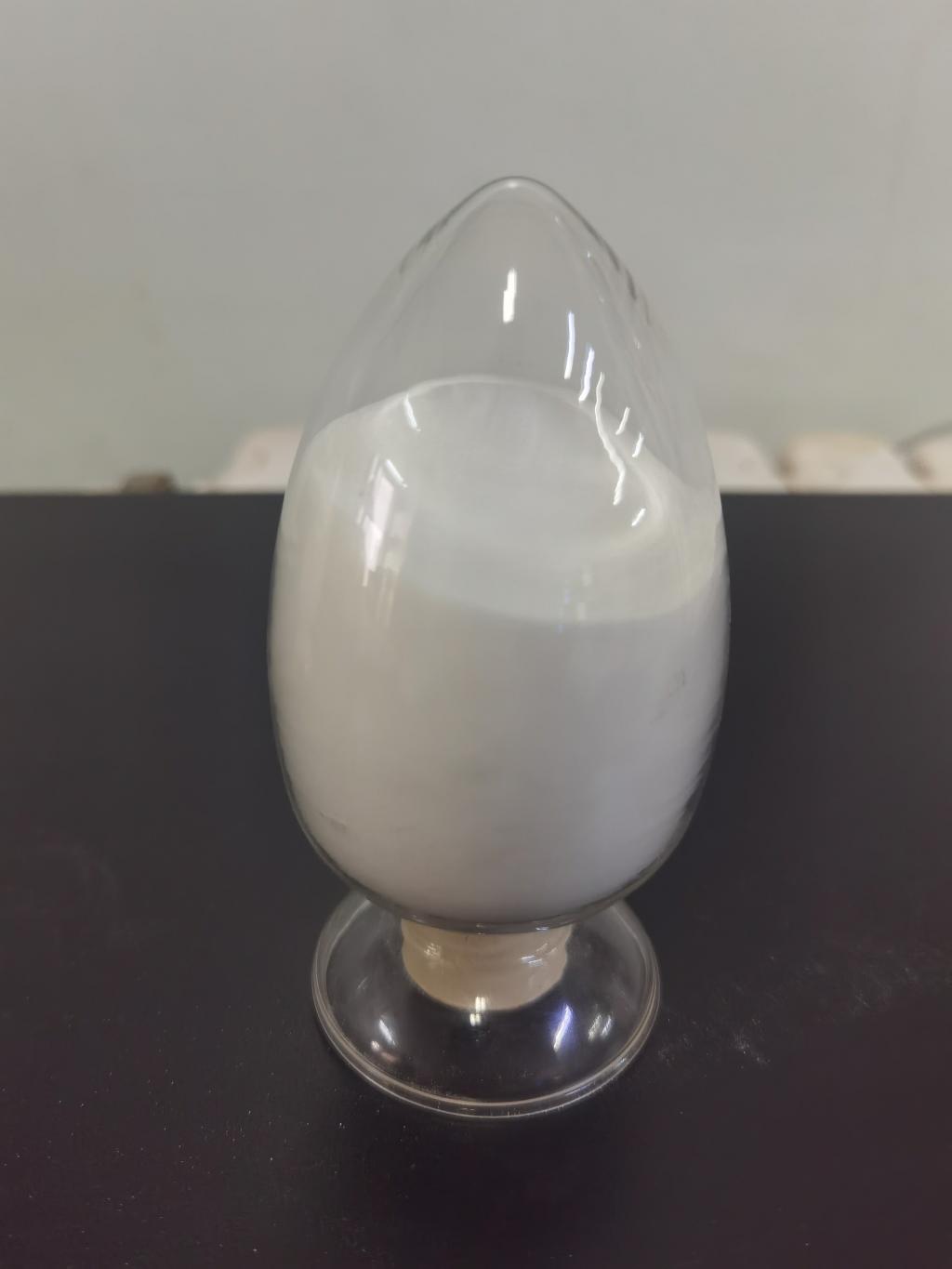Tel:+8618231198596

News
 CONTACT
CONTACT
 CONTACT
CONTACT
- Linkman:Linda Yao
- Tel: +8618231198596
- Email:linda.yao@dcpharma.cn
- Linkman:CHARLES.WANG
- Department:Overseas
- Tel: 0086 0311-85537378 0086 0311-85539701
News
Exploring the potential of ε-Polylysine hydrochloride as a coating.
TIME:2024-04-23
Properties of ε-Polylysine Hydrochloride:
ε-PL is derived from natural sources, primarily produced through fermentation processes using strains of Streptomyces albulus. It consists of a chain of lysine residues linked by peptide bonds, resulting in a positively charged polypeptide. ε-PL exhibits broad-spectrum antimicrobial activity against both Gram-positive and Gram-negative bacteria, as well as fungi and viruses. Moreover, ε-PL is biodegradable, non-toxic, and biocompatible, making it suitable for biomedical applications.
Antimicrobial Mechanisms of ε-Polylysine Hydrochloride:
The antimicrobial activity of ε-PL is attributed to its interaction with microbial cell membranes. As a cationic polypeptide, ε-PL binds to the negatively charged cell surface of bacteria, disrupting membrane integrity and causing leakage of intracellular contents. This leads to cell lysis and ultimately bacterial death. Additionally, ε-PL can penetrate bacterial biofilms, which are notoriously resistant to antibiotics, making it effective against biofilm-associated infections.
Applications as a Coating for Medical Implants:
Coating medical implants with ε-PL offers a proactive approach to prevent infections by creating a protective barrier against microbial colonization and biofilm formation. ε-PL coatings can be applied to various types of implants, including orthopedic implants, cardiac devices, dental implants, and prosthetic joints. The coating process can be achieved through techniques such as dip coating, spray coating, or electrodeposition, depending on the implant material and geometry.
Benefits of ε-Polylysine Hydrochloride Coatings:
The use of ε-PL coatings for medical implants offers several advantages in preventing infections. Firstly, ε-PL exhibits rapid and potent antimicrobial activity against a wide range of pathogens, including antibiotic-resistant strains, thereby reducing the risk of implant-associated infections. Secondly, ε-PL coatings are biodegradable and biocompatible, minimizing adverse reactions and tissue inflammation. Thirdly, ε-PL coatings can be applied using scalable and cost-effective manufacturing processes, making them suitable for large-scale production and commercialization.
Current Research and Future Directions:
Current research on ε-PL coatings for medical implants is focused on optimizing coating formulations, evaluating long-term efficacy and biocompatibility, and exploring synergistic combinations with other antimicrobial agents or surface modifications. Future directions include the development of advanced coating technologies, such as controlled release systems or stimuli-responsive coatings, to enhance the sustained release of ε-PL and prolong its antimicrobial activity. Moreover, clinical studies are needed to validate the safety and efficacy of ε-PL-coated implants in human patients and assess their impact on infection rates and clinical outcomes.
Conclusion:
In conclusion, ε-Polylysine hydrochloride (ε-PL) holds significant promise as a coating material for medical implants to prevent infections. Its broad-spectrum antimicrobial activity, biodegradability, and biocompatibility make it an attractive option for mitigating the risk of implant-associated infections. By exploring the potential of ε-PL coatings, researchers and clinicians can develop innovative strategies to improve the safety and longevity of medical implants, ultimately benefiting patients and advancing healthcare outcomes. Further research and collaboration are essential to realize the full potential of ε-PL as a valuable tool in infection prevention for medical implants.
- Tel:+8618231198596
- Whatsapp:18231198596
- Chat With Skype







